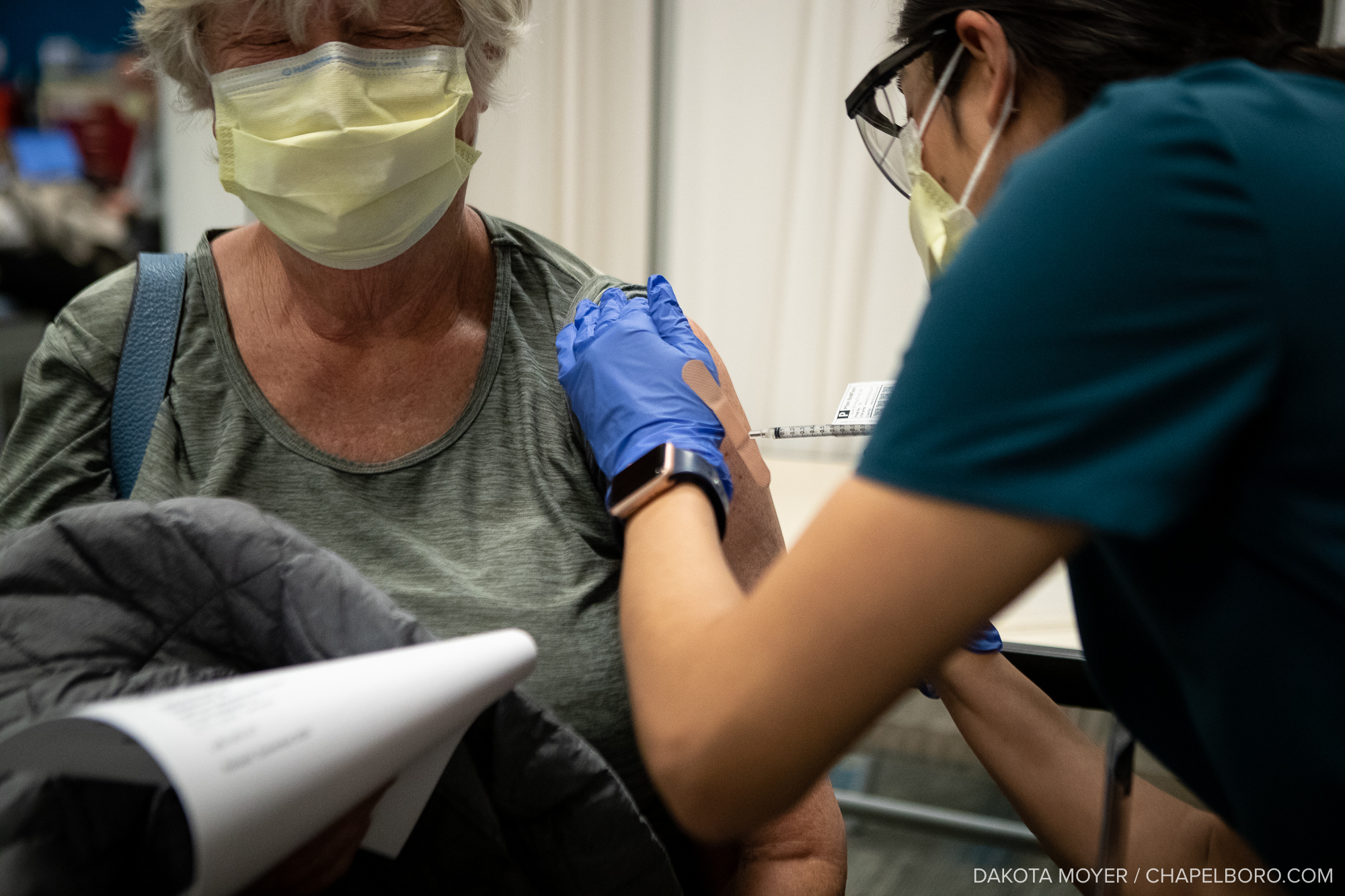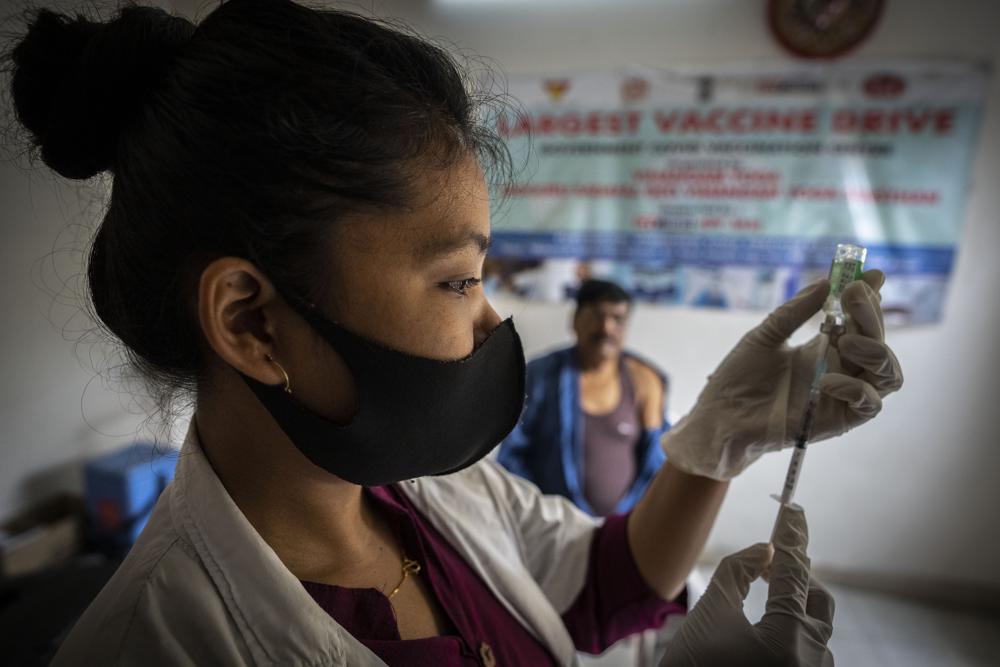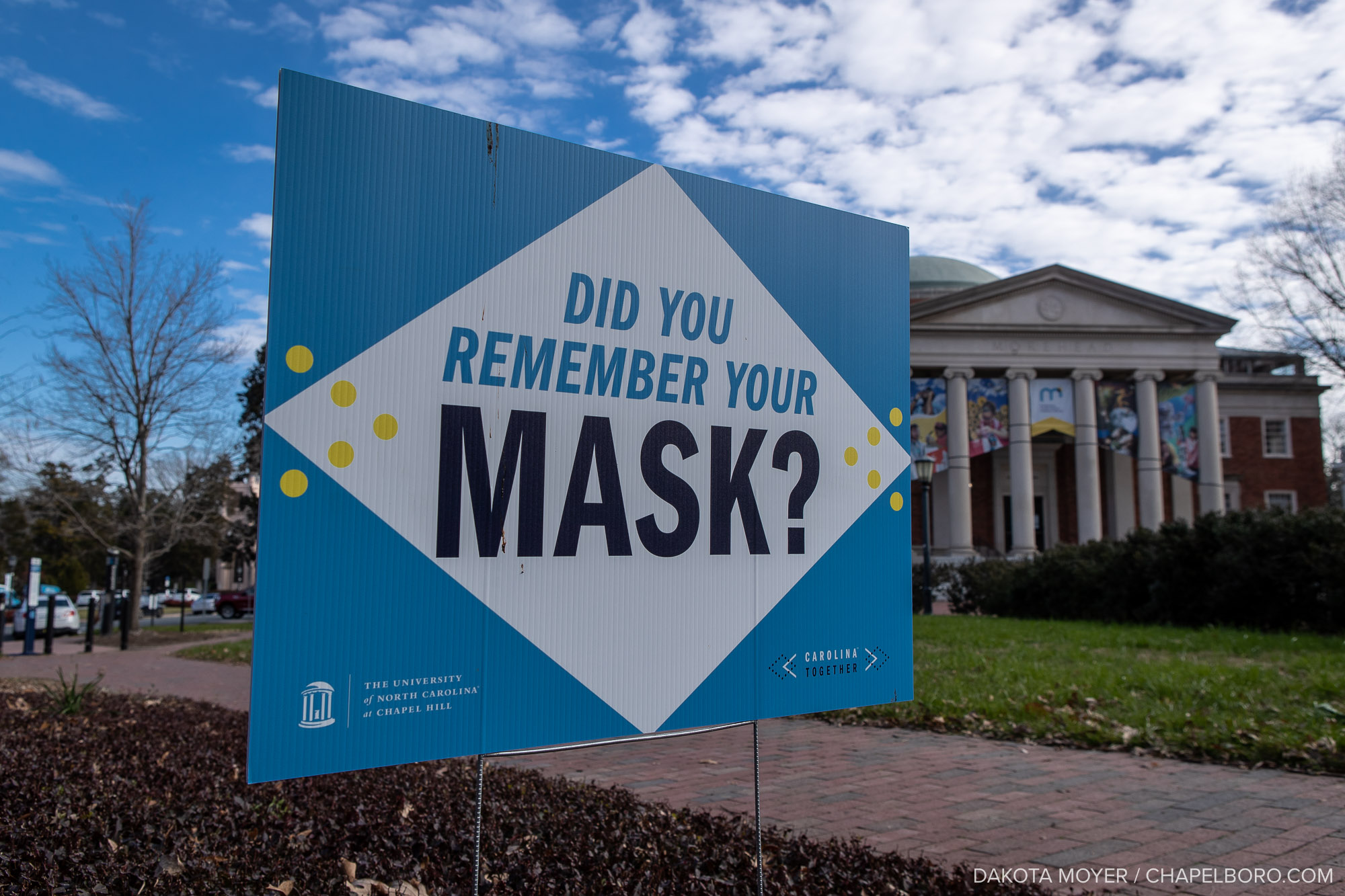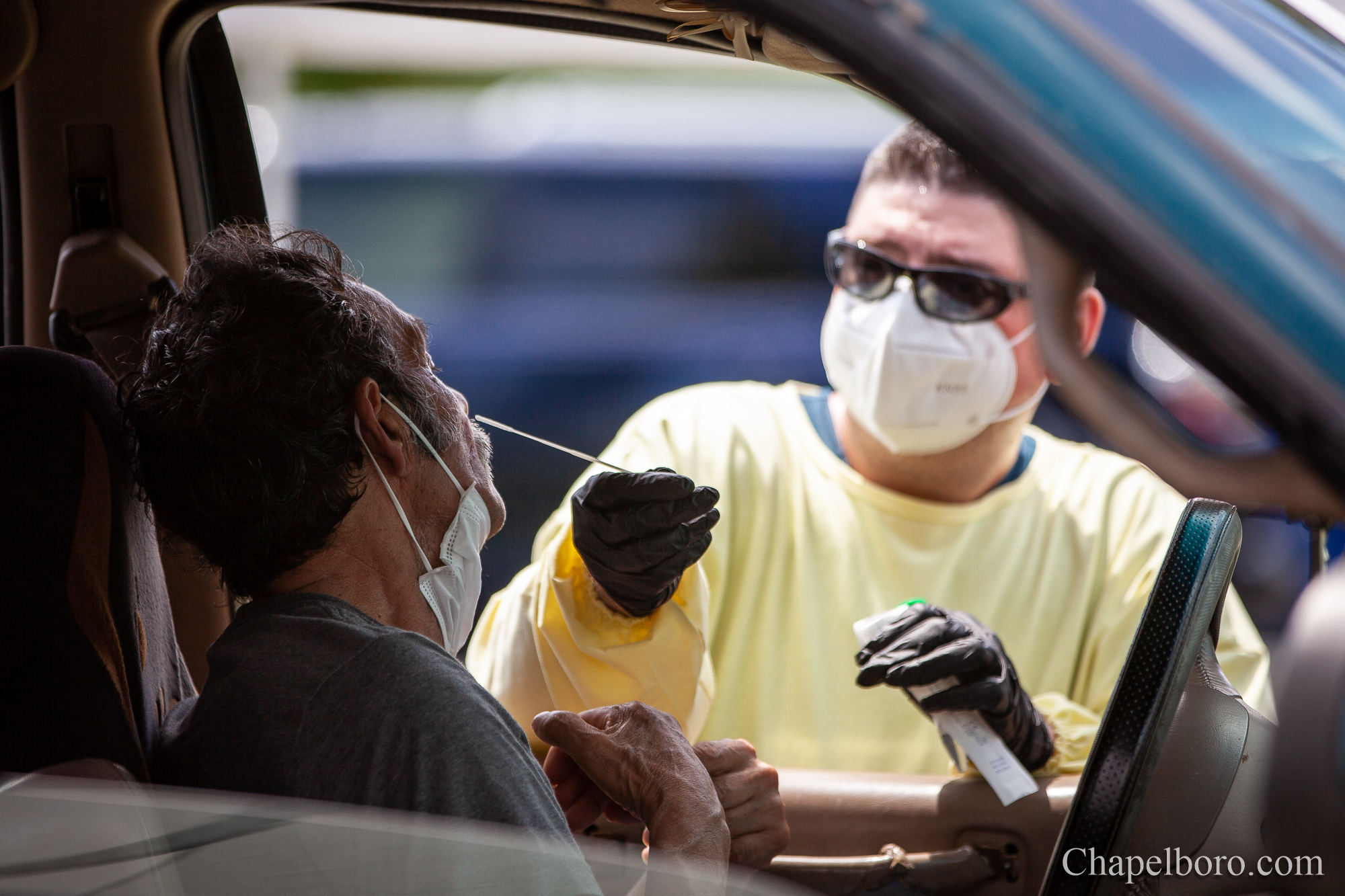The closure of North Carolina’s public school buildings through May is drastically changing the way students are being taught.
School districts across the state have made the switch to online learning as their campuses close to slow the spread of COVID-19 but, as only a-third of all students have taken an online class, this model might create some new challenges.
In light of this, one university is working to educate students on how to be successful with online learning as their new normal.
Western Governors University North Carolina, or WGU NC, is one of the only universities of its kind in the state with a fully online, accredited learning model.
Founded in 2017, this online university has about 3,700 students currently enrolled. Catherine Truitt is the Chancellor of WGU NC.
Because their classes and programs are already online, Truitt said her students are currently enjoying an uninterrupted education amid the pandemic.
Not everyone is so lucky, as schools around the state continue to make the bumpy transition to online teaching. Because of this, Truitt is offering up some tips to bring students success in the virtual classroom.
Her first tip is to set a concrete schedule.
“It’s super important to set a schedule because it’s so easy just to sleep in and not get a good jump on the day,” Truitt said. “That so often just leads to being more frazzled and frustrated later in the day when you realize you haven’t got done what you needed to get done.”
Her second tip is to create a consistent work station that you can use every day. Truitt said, no, your bed does not count.
“My guess is that a lot of students will have a tendency to work in bed or on the couch and I think it’s important to realize that if you do that it might lead you to do other things that you normally do when you’re on the bed or on the couch which would be sleep or watch TV ow whatever the case is,” Truitt said.
She said setting a schedule and creating a good space to work from are important steps to keeping distractions to a minimum – something that students have to work harder at now that they are not in a classroom.
For college-aged students, who were forced to leave campus and return home, one of those distractions might be their own family. Truitt said it’s important to set boundaries with them too.
“You know 19, 20, 21-year old students need to stand up for themselves and explain to their parents ‘here’s what I’m going to do, here’s how I’m taking charge of my own learning and here are the boundaries that I need and I ask that you be respectful of that so that I can be successful,’” Truitt said.
She said while there is a stigma that the quality of learning might not be as good online as it is in person, it might actually be the opposite.
Truitt said online-learning has the potential for increased connection.
“Actually being online is an opportunity to create community rather than isolation,” Truitt said. “It’s very difficult to be anonymous when you’re online.”
In environments like big lecture halls, students can walk in and out with no interaction, but in an online format Truitt said they are often forced to be more engaged.
Although, even if you manage your distractions and focus on your studies, sometimes a student’s success in the online classroom might come down to what school district they’re in.
“Districts across that state, we have about 115 different school districts across North Carolina, and we have a million and a half students and about 98,000 teachers,” Truitt said. “Each district you could plot on a continuum of preparedness for remote learning.”
Truitt said it’s hard to focus on your studies if you don’t have Wi-Fi, the necessary technology or simply the basics for survival like food and a safe environment to work from.
“The more poverty that exists within that district, the bigger the challenge,” Truitt said.
Despite the challenges that come with changing environments, remote instruction and trying to learn amidst a pandemic, Truitt said she wants to encourage students to “always remember their why.”
“You know why am I going to university, what do I hope to get from this degree, what are the benefits going to be for me when I do finally graduate?” Truitt asked. “Also with the recognition that this will someday get back to normal so I think it’s really important that students stay focused on those things because this is completely uncharted water for many students even if they are already taking an online class or two.”
To read more about WGU NC, or to learn more tips for successfully navigating online classes, visit their website.












